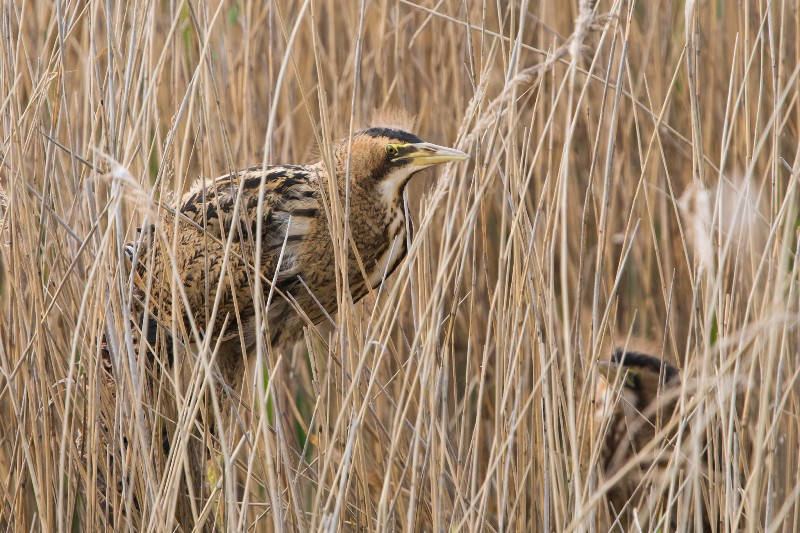As obvious as this may seem our clean fresh water is the result of filtration through the land and natural habitats as part of the water-cycle. Agricultural inputs from farmland end up in our rivers and reservoirs and although water treatment works clean used water to a point, often they also output partially treated wastes into river systems too, all of which ends up polluting the rivers, wetlands and ultimately the sea.
The natural environment around us provides what is sometimes called an ecosystem service. Nature’s cleaning systems offer top notch filtration. It is no accident that reedbeds form a part of quarry designs and that settlement ponds often contain reeds or are reshaped to form reedbeds in restoration designs.
Former quarries often become new wetland areas and are a positive consequence of mineral extraction, well designed, these can benefit water quality and importantly become a haven for wildlife.
Reedbed creation has been able to turn around the declines in the once rare reedbed bird – the Bittern. In 1997 the whole of UK had only 11 male Bitterns and now, just one former quarry site had 11 males, with Bittern numbers bouncing back to 208 at known sites in 2018.
Do you manage a quarry? You may want to see if adding in a small reedbed can improve your output water quality. Get in touch with Jenny Oldroyd at: [email protected]
Image credit: Tim Melling
